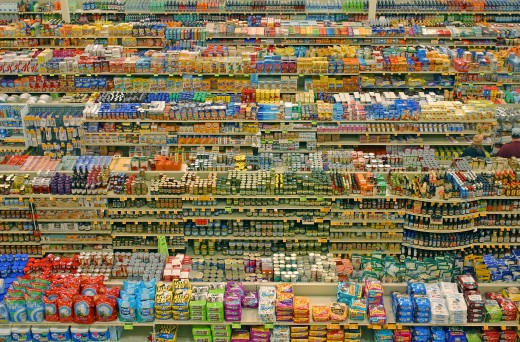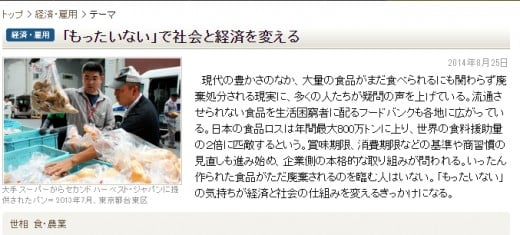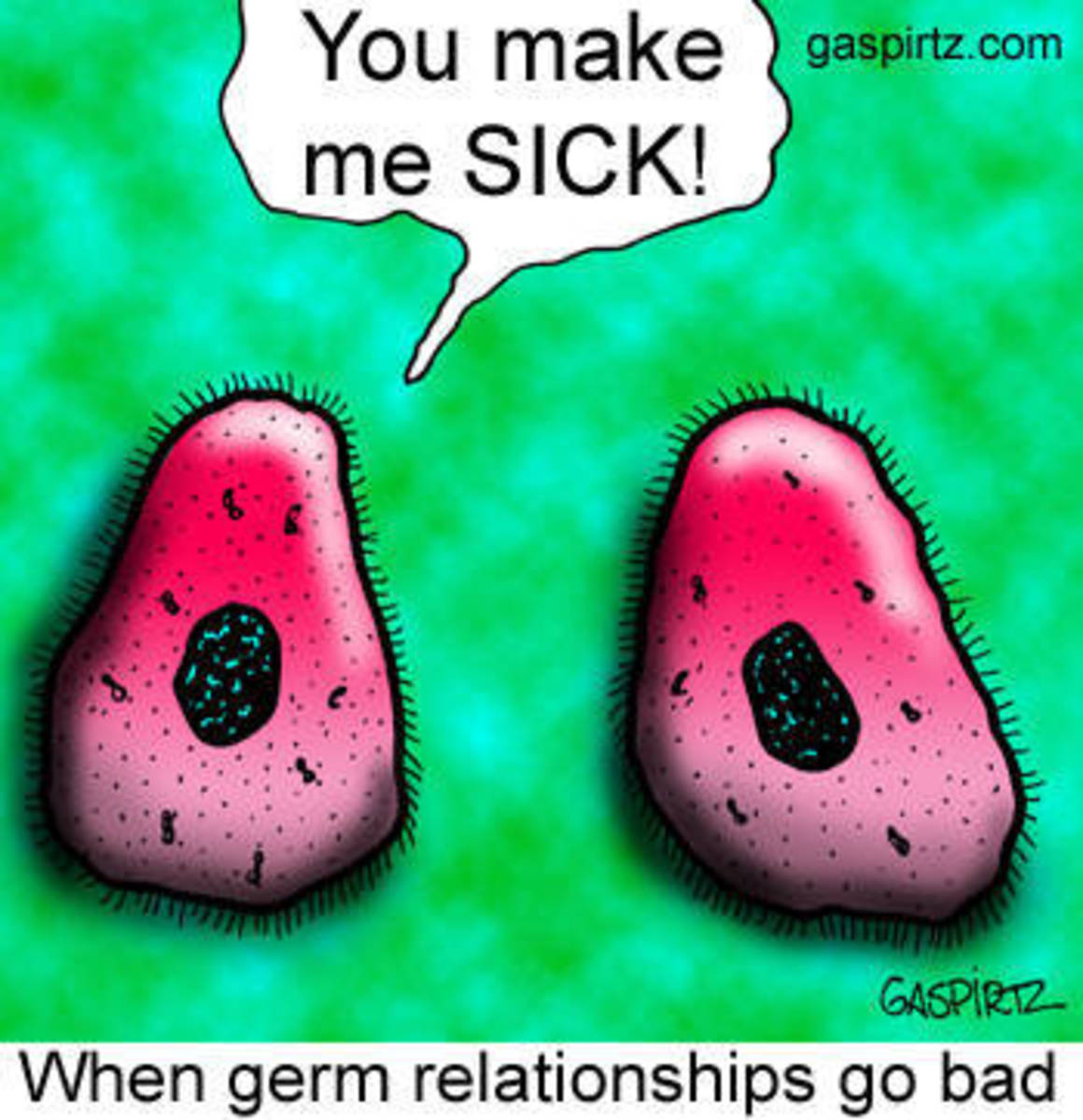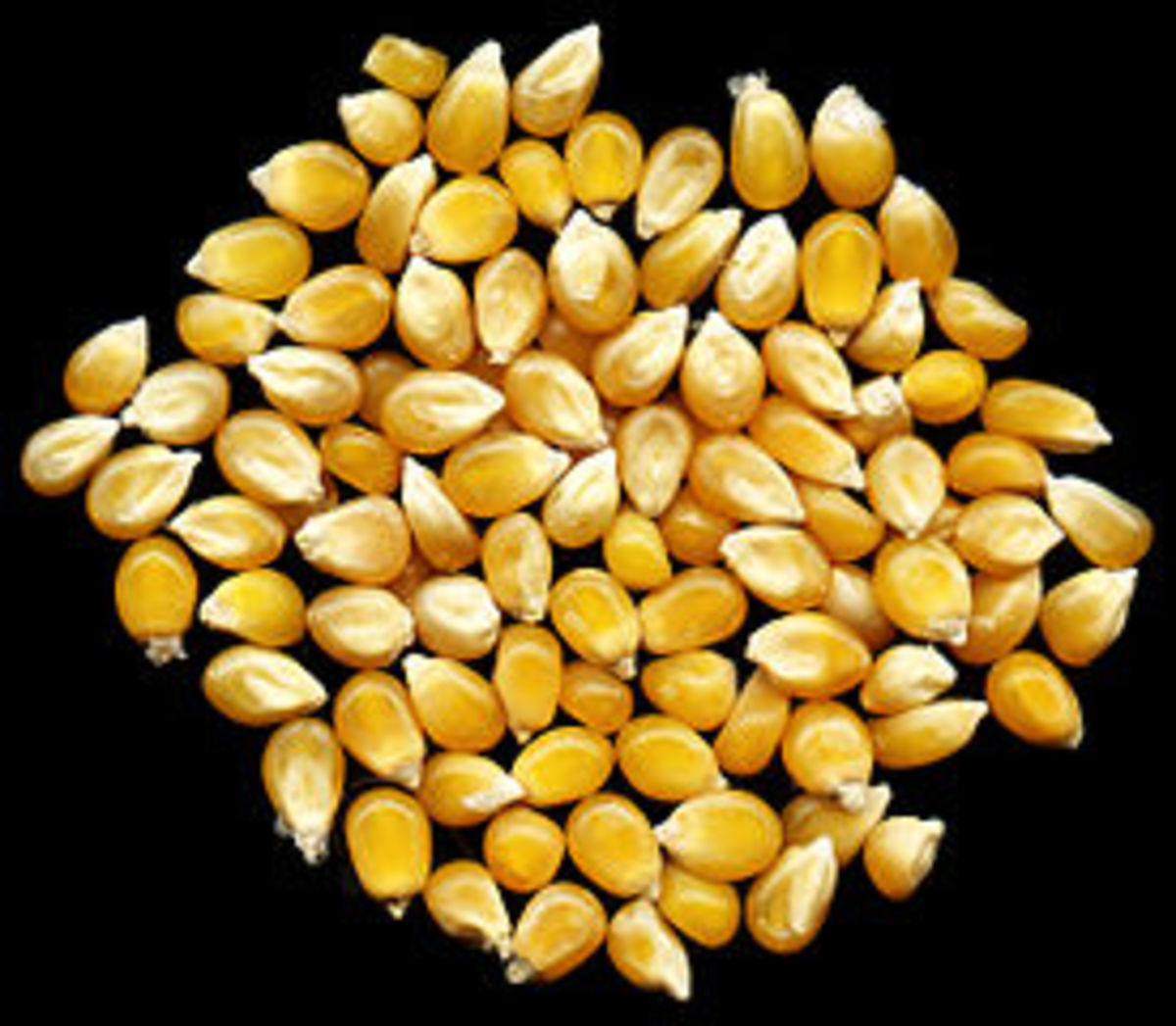Deceptive "Best Before" Labels: A Worldwide Swindling on an Industrial Scale

The European Union has turned its eyes on food wastage, these days systematically and artificially created by the food industries. There had been some consumer complaints and not very noticeable discussions but when the investigative media started to publish articles and studies on the subject, the European Commission decided to tackle the problem.
According to Sharon Dijksama, the Dutch agriculture minister, 15% of food waste is caused by expiry date labeling. But perhaps the most shaking news come from France where food producers got caught with labeling foods for export with far longer Best Before dates than products meant for the French European market.
Food waste is already a big problem in the Western societies. Whereas many of us throw away still perfectly edible food, there are still parts of the World where despite years of fighting against malnutrition people still suffer from hunger. Campaigns to stop people from tossing away good food are getting more and more common, for example in this video an NGO from the UK giving people tips how they can push back the Best Before date.
Unfortunately, these initiatives are not in the interest of everyone, even less fortunately, those who prefer people throwing away anything even approaching the red lines are wealthy multinationals. For a long time this used to be the playground of conspiracy theorists and independent media, but anymore.
Consumers started noticing - according to the labels, food already spoiled still looked good, smelled good and according to the courageous, also tasted good. People had already taken notice that the best before dates seem to always get closer which was easily explained by the industry that they are using less preservatives or that the product is now fresher and has had less treatment. All for the good of the consumer.
During the period of 2013-2014 investigations and articles were published by Le Monde, Le Figaro, The Independent, The Telegraph, Time magazine, and perhaps most interesting study by a French TV canal D8's "En Quête d'Actualité" who visited producers (some of whom admitted their food is fine for months after the suggestion on the label, had foods tested in laboratories and even showed a whole network of expired food market with whole supermarkets selling only expired food.

It was the French minister of the French Overseas Territories, Victorin Lurel, who exposed to the French Senate a document detailing 300 products with different expiry dates set for food meant for the French European market and for the overseas territories. For example producers had set expiry date for fresh cheese at 20 days in Metropolitan France and 55 days for export, a ham with 27 days in Europe and 40 days overseas and perhaps most questionable: Strasbourg sausages which were marked as spoiled after 25 days for the local market, but were deemed perfectly fine (if eaten on the other side of the world) 100 days after the production date.
The widest gap brought out in the document was almost 5 months, 40 days and 180 days for export. Minister Lurel called the phenomenon "Organized waste" while asking if on one hand the European consumers aren't incited to throw away good food whereas at overseas the consumers are supposed to be happy eating "fresh" product that has been sitting on shelf for four months.
Length of safety for consumption in the European market
| Expiry date label for the Export market
| Gap in days between the labels
| |
|---|---|---|---|
Chocolate cake
| 17
| 25
| 7
|
Vanilla cream
| 19
| 28
| 9
|
Sliced ham
| 27
| 40
| 13
|
Fresh cheese
| 20
| 55
| 35
|
Camembert cheese
| 21
| 70
| 49
|
Chicken sausage
| 25
| 80
| 55
|
Strasbourg sausage
| 25
| 100
| 75
|
Reblochon cheese
| 35
| 120
| 85
|
Grated gruyère cheese
| 40
| 180
| 140
|
Butter
| 35
| 365
| 330
|
Examples of expiry date gaps from the document presented by Minister Lurel
One proposed measure by the European Commission to combat the waste of food, which is evaluated to be at 100 tonnes per year in the Union, would be to start phasing out the use of 'Best Before' on chosen groups of foodstuff, such as rice, pickles, hard cheese, jam, pasta and others. First example comes from 2013 when vinegar, a preservative on its own right, was allowed to go without the label.
The UK Government showed their opposition to the project, worrying that it might have an opposite effect - consumers could be more prone to throw away good food because they're not sure if it is good to eat or not. Proponents argue that it is fairly easy to detect if foods are safe to eat and only the high-risk categories should remain under strict regulation, meaning that raw meat, eggs and some milk products would naturally continue to have their 'use by' dates fixed by the law.

What Can You Do?
We can all avoid wasting food, and save money while doing it.
- The first step is to avoid hoarding food. Shopping should be done with a list to avoid buying what you already have at home.
- Food stocked at home should be rotated so that everything would be eaten and nothing could be forgotten in the back of the cupboard.
- If properly stocked according to food preservation guidelines even food with their packages opened can be stored for considerably long time. Do some research and check out websites like www.realsimple.com to find information how to store different foods.
- Be bold! The only foods where the label should be vigorously respected are raw meats, unpasteurized milk, fish and some other similar products which attract germs.
- Eggs are special. While dangerous for the risk of containing salmonella, they can usually be kept even at room temperature if they haven't been handled and washed. Once eggs are washed they get contaminated withing only a few days even in the fridge. Try to use them before three weeks, but you'll be fine up to five weeks after the day when they were laid.
- Don't be afraid to eat ugly food - crooked carrots, squished peppers, small apples, disfigured potatoes - once cooked they'll taste the same as their pretty counterparts.
- Learn about the Taste before you waste concept. It can't kill you, but it can reduce the amount of waste and save you money.



